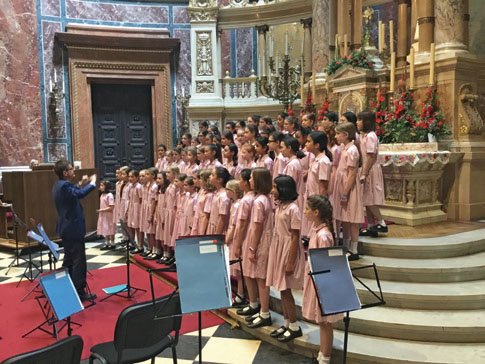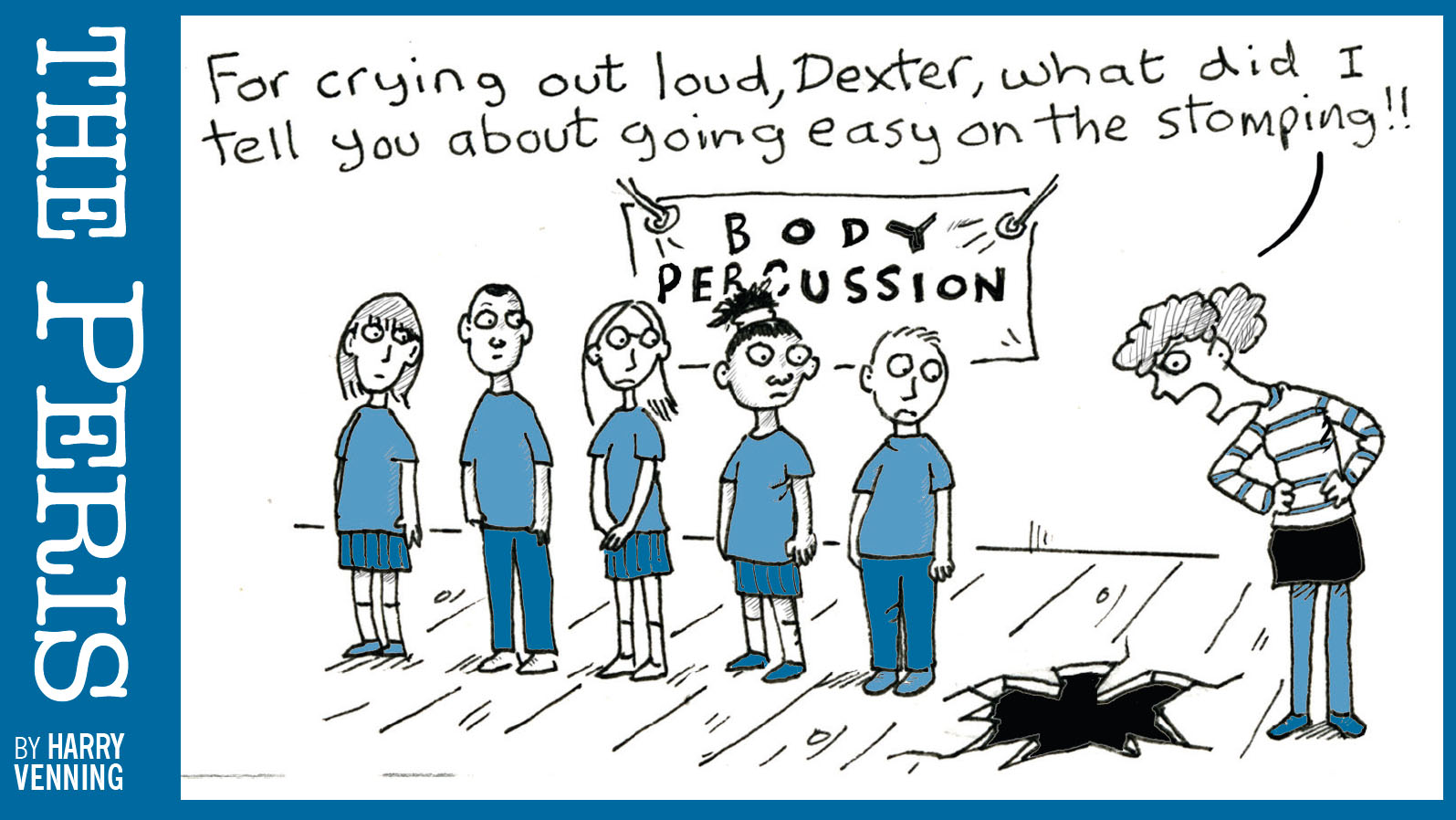
ORCHESTRAL MANOEUVRES
I have just become aware that the primary school my daughter is leaving this July will no longer have any children learning an orchestral instrument in school from September.
The school in a leafy, middle-class village and still has lots of children having in-school music lessons, but this has changed from including brass, woodwind and strings to only rock and pop, music theatre/pop vocals, and piano. Around four or five years ago, approximately 30 children were learning orchestral instruments. My daughter, a string player, and one other child are now the only two left, and the violin teacher was unable to recruit students to make attendance still viable.
Having spoken to a number of colleagues, it seems this situation is not unusual. As a music teacher I fully embrace all music; I am just concerned that a full and wide offering of music in our primary schools is essential if we want to maintain the UK's heritage of orchestral excellence.
Perhaps there needs to be some thought about succession planning to safeguard the orchestras of the future? As a piano teacher I am encouraging students to take on second instruments with some success. I really hope that music education bodies are looking at ways to influence, so that orchestral instruments do not become so scarce in our primary schools.
I'd also be interested to hear what is going on nationally to help with this growing situation.
Karen Marshall, York
TOUR OF BEAUTY

On 18 May, after 18 months of planning, the Kensington Prep School Choir and Orchestra departed for a four-day tour to Hungary. Over the course of the tour the 64 girls gave performances in Budapest and Kecskemét.
The school has been using a Kodály-based approach in classroom music for 10 years now, so to have them tour to Hungary, and Kodály's birthplace seemed an appropriate destination for their fifth overseas tour.
The choir and orchestra of girls aged 9 to 11 gave performances in St Stephen's Basilica, the Castle Bazaar and St Anne's Church in Budapest, and at the Nagytemplom cathedral in Kecskemét. The programmes consisted of sacred music from Britain and Europe, folk songs from around the world, and Michael Hurd's ten-minute Cantata Jonah Man Jazz. The orchestra also performed works by Elgar, Vaughan-Williams and Copland.
On our way to Kecskemét, we gave a charity performance at an elderly people's home. This was a very moving experience to see the girls interacting with the residents, some of whom then sang for us folk songs from their Hungarian regions. For many of the girls, this was their favourite performance.
The tour was a great success in so many ways, and it was fantastic to see the girls rise to each performance. The girls were able to see what can be achieved through hard work as well as fun.
Kensington Prep School currently has 97 percent of the children learning an instrument from a team of 19 visiting music staff. The main school orchestra has 115 members and the Senior Choir has 80 members. There are numerous other groups and choirs and the philosophy of the music department is one of enjoyment and participation.
For me as director of music, it was a privilege to take such an enthusiastic group of girls and teachers to Hungary, and especially to Kecskemét, home of the Kodály Institute.
Jonathan Burgess, Director of Music, Kensington Prep School









